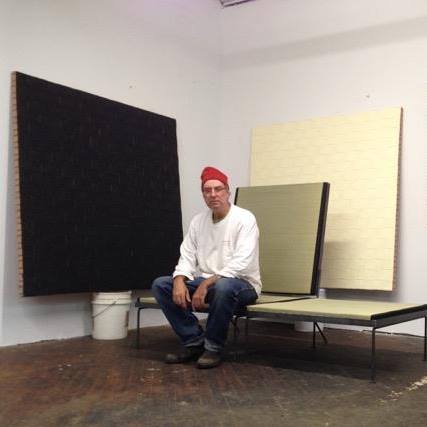Schwarz
View current page
...more recent posts
Anyone who has spent time with Pioneers of Modern Design knows what a brilliant and vexing work it is. It was based on a series of lectures Pevsner presented at Göttingen shortly before he departed for England. Pevsner is often incorrectly credited, as Stephen Games writes in his perceptive introduction to Pevsner on Art and Architecture, with first “assembling the chain of events that led from English utilitarianism to German functionalism” (xxii). But while Pioneers is not an entirely original book—many of its arguments are anticipated in Hermann Muthesius's Stilarchitektur und Baukunst, published in 1902, and in other pre-World War I writings)—it does offer, on first reading at least, a lucid account of Modern architecture's early origins. Yet the book raises far more questions than it answers. How do French and Belgian Art Nouveau lead to German functionalism? How do two currents so seemingly in opposition—the new engineering of the 19th century, with its faith in science and the machine, and the Arts and Crafts movement, which sought to deny industrialization and rampant Capitalism—both fuel the rise of Modern design? Pevsner's answer, that all were the expression of a new Zeitgeist, is reassuring to some degree, but it also insistently begs the question.
"His prose is always a splendid amalgam of careful erudition, remarkable insight, scholarly conjecture, and unfettered opinion. To read Pevsner is to enter immediately into a dialogue, at times comfortable and affirming, at others, annoying and off-putting."
Pevsner's recourse to the “spirit of the age” runs through many of his writings. It allowed him, as Games notes, “to connect national differentiation in mid-thirteenth-century architecture with the experience of Crusader knights, and to write of the late eighteenth century as a period when artists 'were no longer satisfied with being servants of the ruling class' and a new type of patron emerged, 'self-made, self-assured and cultured'” (xix). Such “loose” scholarship by today's standards was very much part of the German academic world of Pevsner's earliest years, and it became a highly elastic tool for those engaged in the Geisteswissenschaften (the humanities, or, literally, the “sciences of the spirit”) to fashion broad and sweeping visions of the past, present, and future. On the one hand, it could offer, in the hands of a historian like Jakob Burckhardt, an extraordinary panorama of an entire era like the Renaissance. But too often it led to the sort of cursory reading one finds in works like Egon Friedell's Die Kulturgeschichte der Menschheit (The Cultural History of Mankind, 3 vols., 1927-1932) or, worse, to the rabid nationalist drivel of Hitler's Mein Kampf.
